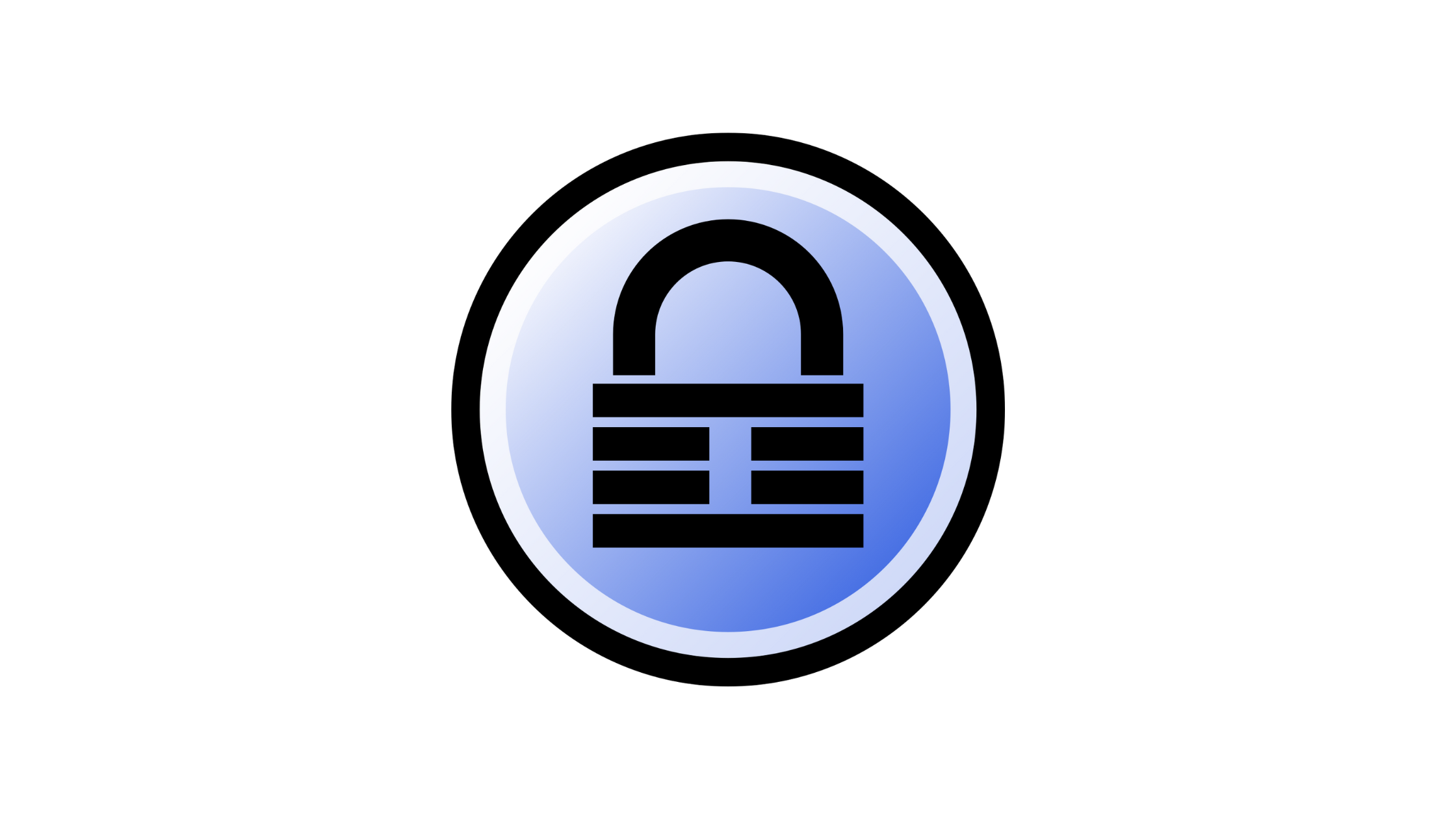Table of Contents
KeePass
Free
KeePass is a free, open-source password manager designed to securely store and manage your passwords in an encrypted database. It was first launched in 2003 and is trusted by millions of users worldwide. KeePass allows you to store passwords, credentials, and other sensitive information in one central place, which is protected by a master password or a key file. All data saved in the database is encrypted using industry-standard algorithms like AES-256, ensuring your information remains secure from unauthorized access.
Key Features
KeePass stands out due to its comprehensive feature set, designed to meet the needs of both casual users and professionals:
Strong Encryption: KeePass uses AES-256, one of the most secure encryption algorithms available, to ensure that all stored passwords are highly protected.
Cross-Platform Portability: KeePass databases can be exported and used across multiple platforms, making it easy to manage your passwords wherever you go.
Customizable Password Entries: Users can store not just passwords but also URLs, attachments, and custom fields for added flexibility.
Two-Factor Authentication: KeePass supports integration with key files and YubiKey, adding an extra layer of security.
Offline Mode: Unlike many cloud-based password managers, KeePass operates locally, reducing risks associated with online data breaches.
Open-Source: As an open-source project, KeePass undergoes frequent scrutiny and improvements by the global security community.
These features make KeePass a solid choice for individuals and businesses who prioritize security and flexibility.
What Does It Do?
KeePass serves as a vault for your passwords, helping you organize and secure your login credentials. It eliminates the need to remember multiple passwords by providing a single, secure place to store them. Users can create entries for various accounts, categorize them, and even auto-generate complex passwords. This significantly reduces the risk of weak or reused passwords across multiple platforms.
In addition to storing credentials, KeePass can auto-fill login forms, allowing you to quickly log into your accounts without manual input. It also supports password expiration reminders, ensuring you regularly update your credentials for added security.
What is Unique About KeePass?
What sets KeePass apart from other password managers is its local storage model. Unlike many cloud-based alternatives, KeePass stores all your data locally, either on your computer or via a USB drive. This eliminates potential security risks related to storing sensitive information on third-party servers.
The open-source nature of KeePass is another key differentiator. This allows independent security experts to audit the software for vulnerabilities, ensuring it remains one of the most secure password management solutions available. Its plugin architecture also allows users to extend functionality, making it highly adaptable to specific needs, such as integrating with browsers or enabling synchronization with cloud services if needed.
Who Should Use KeePass?
KeePass is ideal for a wide range of users:
Individuals: Anyone looking for a free and secure way to manage their passwords without relying on cloud services will benefit from KeePass. Its robust encryption ensures even the most sensitive data is protected.
Businesses: Small to medium-sized businesses, especially those that prioritize security and operate on a budget, will find KeePass a viable solution. It provides enterprise-grade encryption without the costs associated with premium password management services.
IT Professionals: With its customizable features and support for advanced security protocols, KeePass is a go-to tool for IT and security professionals looking for open-source solutions.
Privacy Advocates: If you prioritize maintaining control over your data, KeePass is an excellent choice due to its local storage capabilities and open-source transparency.
Supported Platforms to Deploy KeePass
KeePass is highly versatile and can be deployed on a variety of platforms:
Windows: KeePass was originally designed for Windows and remains fully compatible with all Windows versions.
macOS: While there isn’t a native version of KeePass for macOS, users can utilize third-party ports like KeePassXC to enjoy similar functionality.
Linux: KeePass can run on Linux systems using Mono, making it a cross-platform solution.
Mobile: For mobile users, there are KeePass-compatible apps available on iOS and Android, like KeePass2Android and Strongbox.
These multi-platform capabilities make KeePass a highly portable password manager for users with diverse operating systems.
Pricing
One of the biggest draws of KeePass is its free pricing model. As an open-source project, KeePass is available for free to all users, with no hidden costs or premium features locked behind paywalls. Users have full access to the software’s core features and can install plugins or extensions at no extra charge.
Short Summary
KeePass is a powerful, open-source password manager that provides secure, encrypted storage for your passwords and sensitive information. With features like strong encryption, portability, and two-factor authentication, it is ideal for individuals, businesses, and IT professionals who prioritize data security. The open-source nature and local storage capabilities ensure that users have complete control over their data, making it a trusted tool in the realm of password management.
